404 Error: Page cannot be found
Page : https://www.destafford.org.uk//590/subjects/subject/30/media
The page you were looking for cannot be found. It may have moved or been deleted.

19/04/24
Please click here to view our weekly news bulletin: https://t.co/RCb3EXoOgs. We hope you all have a fantastic weekend!🌞 pic.twitter.com/VcvehnjAWB
follow us @destafford
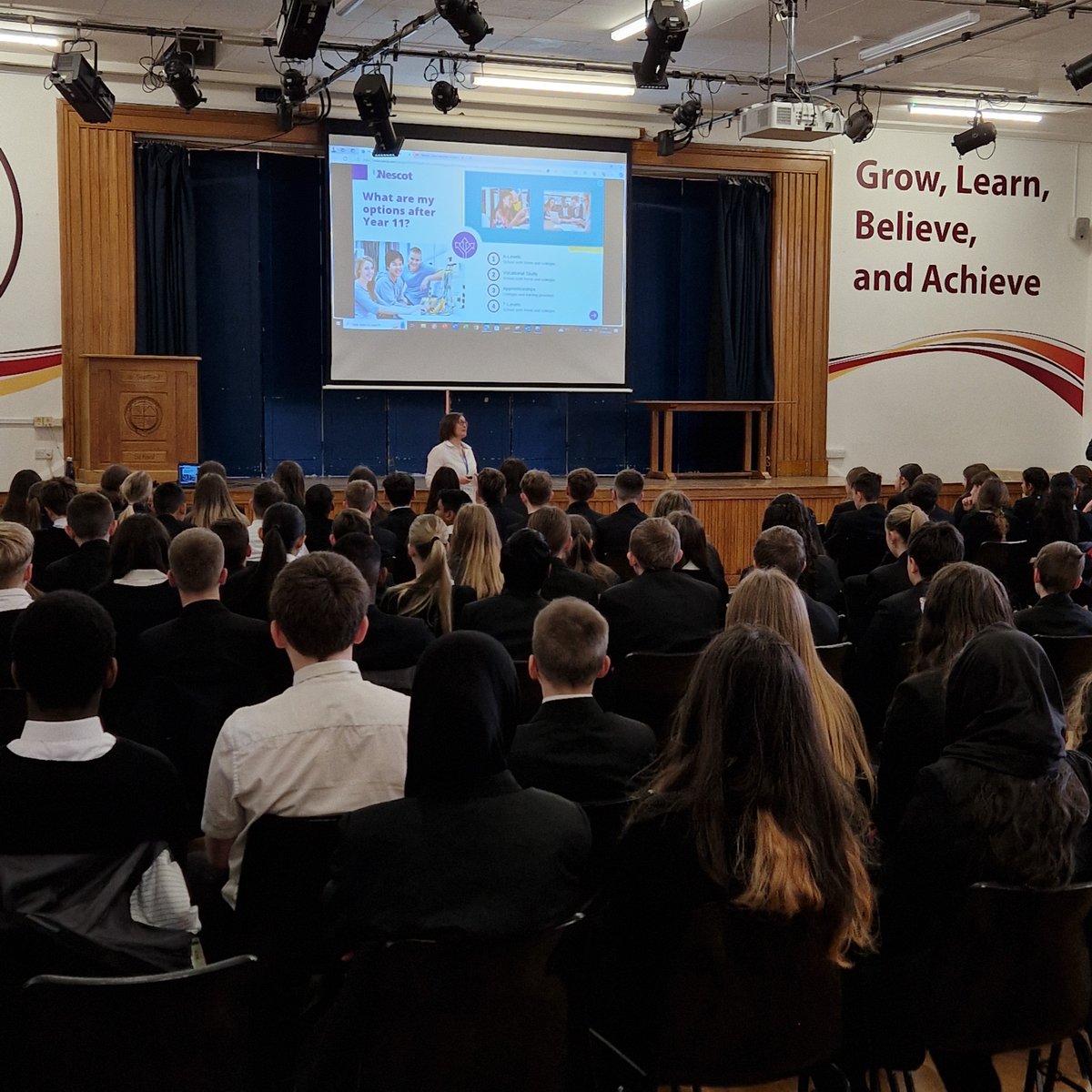
17/04/24
A huge thank you to Hayley Dawson from Nescot College who delivered an excellent presentation to our Year 9 cohort this morning all about their Post-16 training courses and facilities 👏 pic.twitter.com/kWwonEid46
follow us @destafford

26/03/24
Lights... camera... action!! Lots of fun being had getting ready for our first dress rehearsal to local primary schools this morning!!😍 pic.twitter.com/5e4LwYX5QO
follow us @destafford

25/03/24
A huge thank you to Sue Taylor from the ALPS Partnership who delivered an excellent presentation to our Year 10 cohort this morning, all about the Apprenticeship Training Pathway👏 pic.twitter.com/HTaxU8ePud
follow us @destafford

21/03/24
Our Year 10 & 11 students have arrived safely in Iceland and are on their way to the first stop! pic.twitter.com/vyxcE7VtpD
follow us @destafford

15/03/24
The Year 11s received their Revision booklets today as part of the ongoing strategy to support our students in their preparation for their exams! #gcsesuccess pic.twitter.com/aQ9tf86F0X
follow us @destafford

15/03/24
The Year 11s received their Revision booklets today as part of the ongoing strategy to support our students in their preparation for their exams! #gcsesuccess pic.twitter.com/CKRajw9rBh
follow us @destafford

15/03/24
Media revision bags at the ready! Media students collected revision bags during Media Club today. Each pack contains: knowledge organisers, fact sheets, WAGOLLS, flash cards, highlighters and pens. Reminder that revision is every Thursday after school in room 45 #GCSESuccess pic.twitter.com/EBDpAVYzCq
follow us @destafford

08/03/24
To celebrate World Book Day, a selection of our Year 7 & 9 students took part in a visit to Woldingham School, to attend an author event hosted by the Carnegie Medal winning author, Sarah Crossan! #worldbookday2024 pic.twitter.com/P9V7DQEFOk
follow us @destafford

04/03/24
Congratulations and welcome to our new Year 7 cohort who will be joining de Stafford School in September 2024. We can't wait to meet you all! pic.twitter.com/Ta0N4UbLCm
follow us @destafford
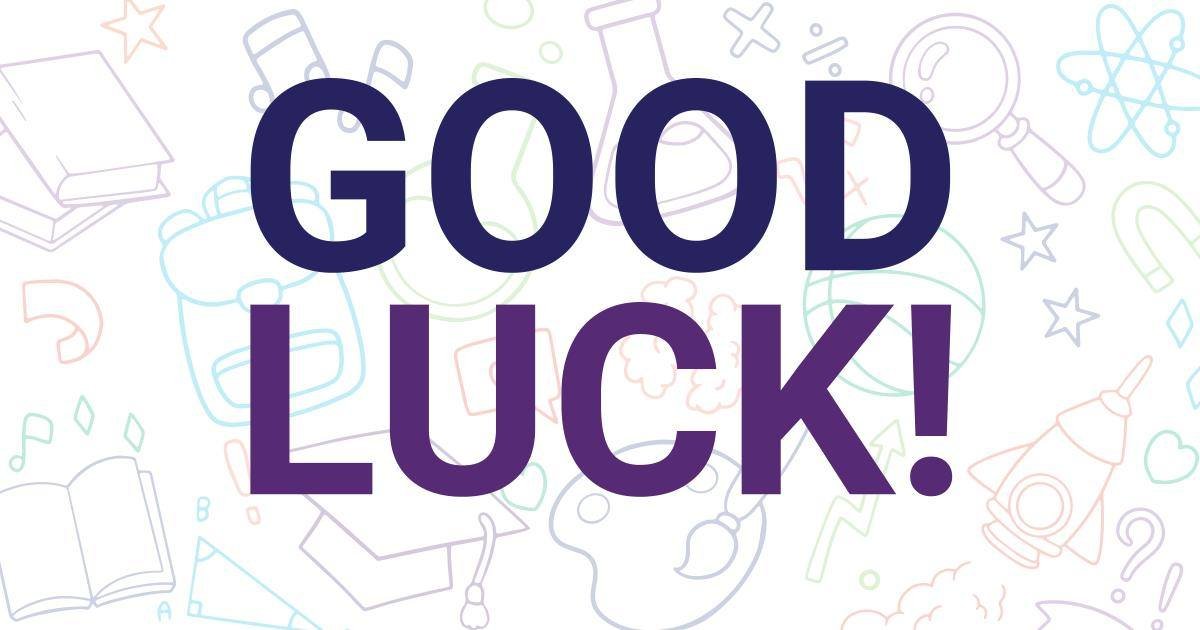
01/03/24
Good Luck to all the Year 6 students and families on 'National Offer Day'! pic.twitter.com/Y9xJdMUtiV
follow us @destafford

23/02/24
Canteen staff put on another delicious spread yesterday afternoon as we celebrated Lunar New Year! pic.twitter.com/jUAspALGLn
follow us @destafford

07/02/24
Wishing our Year 11 Drama students lots of luck for their performance exam on Friday, you've got this! 🫶 pic.twitter.com/L2mhXQO0R1
follow us @destafford
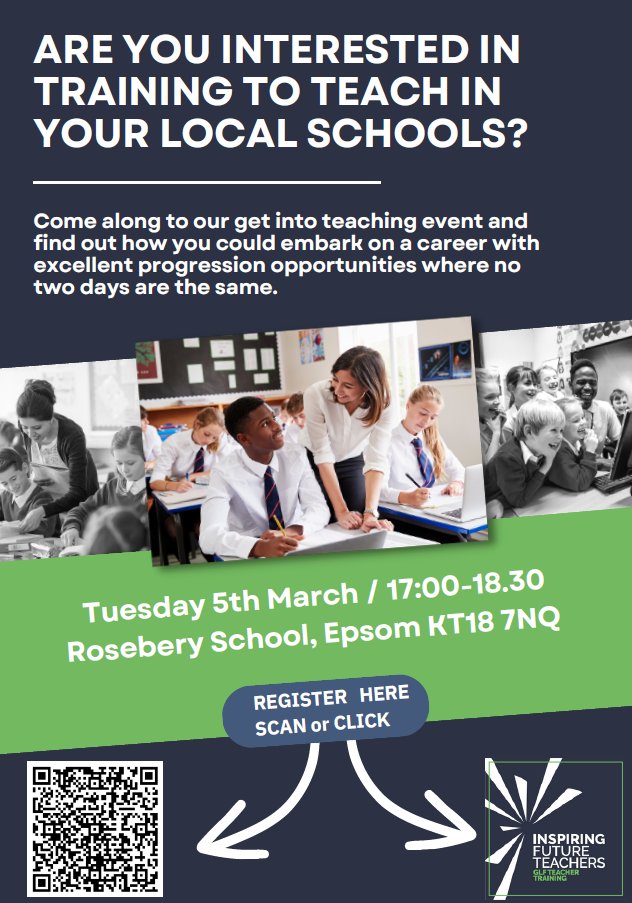

02/02/24
A big thank you to David Rabjohns, Assistant Principal from East Surrey College, who visited us yesterday to provide Year 8 with further information about Apprenticeships and T Levels👏 pic.twitter.com/QfaRcNPQvk
follow us @destafford
23/01/24
📷Year 11 Parents and Carers - please remember to order your son/daughter's Leavers' Hoodie and Yearbook by Tuesday 12 March 2024!To place orders, please visit the following website https://t.co/QEXurmMvBA and enter our unique school ID : 25299YR11
follow us @destafford
19/01/24
#SLCN revision sessions today focusing on mind maps. We had great fun revising #MacBeth @deStafford #Devlangdis #dld pic.twitter.com/dyvMrZ9t1w
follow us @destafford
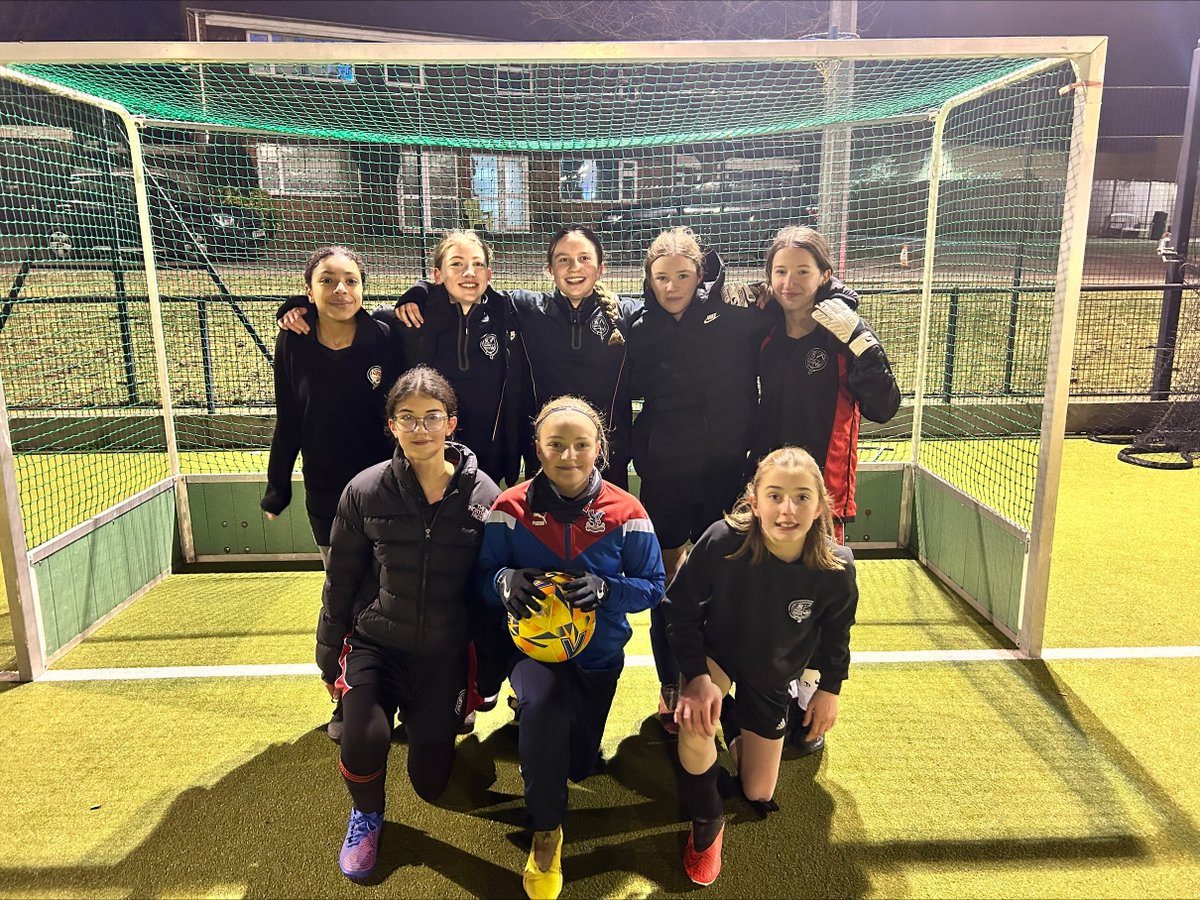
19/01/24
Well done to the U13 girls team who took part in the regional tournament with 10 teams taking part. The girls got to the last 4 and played for 3rd and 4th and took home 3rd winning 2-1. Excellent effort girls onto the county cup next week ⚽️ pic.twitter.com/NoQJRa6wiO
follow us @destafford
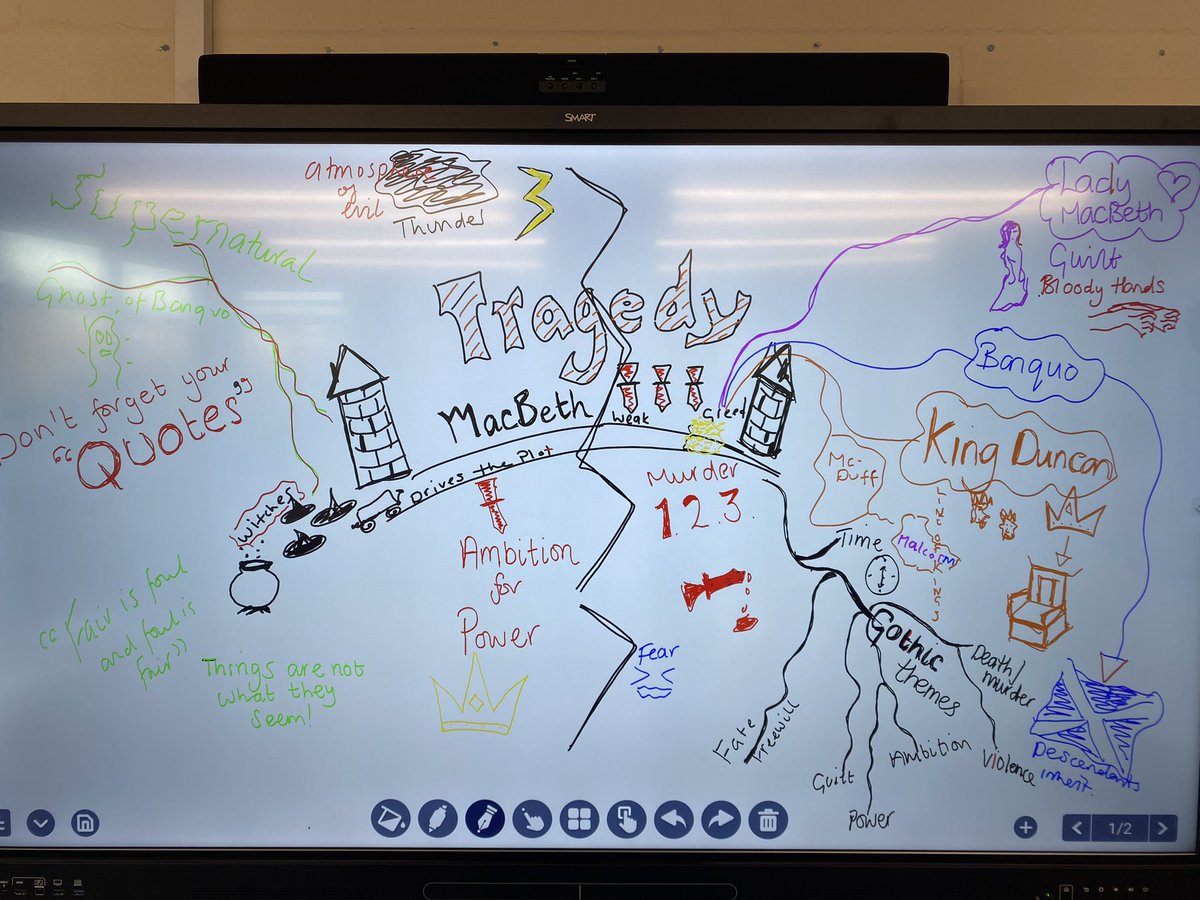
18/01/24
#SLCN revision sessions today focusing on mind maps. We had great fun revising #MacBeth @deStafford #Devlangdis #dld pic.twitter.com/dyvMrZ9t1w
follow us @destafford

17/01/24
Year 7 have been busy creating their own pasta salad this week. They have learned about the process of cooking pasta and safety whilst using the hob. Knife skills and healthy eating have also been our focus so great work Year 7! 🍅🥒🥕 pic.twitter.com/nBOnR1M5iJ
follow us @destafford
The page you were looking for cannot be found. It may have moved or been deleted.